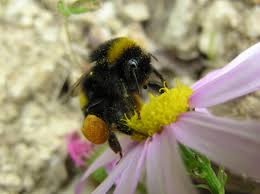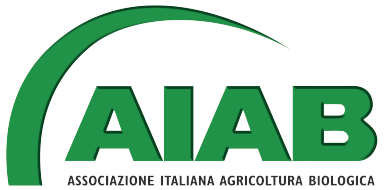 Il Ministro dell’Agricoltura Christian Schmidt ha firmato un decreto-legge che vieta il commercio e la semina di sementi di cereali invernali trattati con determinati neonicotinoidi.
Il Ministro dell’Agricoltura Christian Schmidt ha firmato un decreto-legge che vieta il commercio e la semina di sementi di cereali invernali trattati con determinati neonicotinoidi.
“Proteggere la vitalita’ e la salute delle api, che tanta importanza hanno per l’intera natura e per noi uomini, è una questione che mi sta particolarmente a cuore”, ha spiegato lo stesso Ministro.
In Germania la concia delle sementi di cereali invernali con questo tipo di insetticidi è gia’ vietata, ma si teme che delle sementi cosi’ trattate possano essere importate da altri paesi.
Il decreto-legge che entrera’ in vigore domani vuole evitare che cio’ accada. Attraverso tale provvedimento, ha sottolineato il ministro, si vuole proteggere le api dal polline contenente insetticidi, avvantaggiando sia le stesse api, in quanto importante parte del sistema naturale, sia gli agricoltori, che devono alle api l’impollinazione delle loro piante.

Commenti recenti